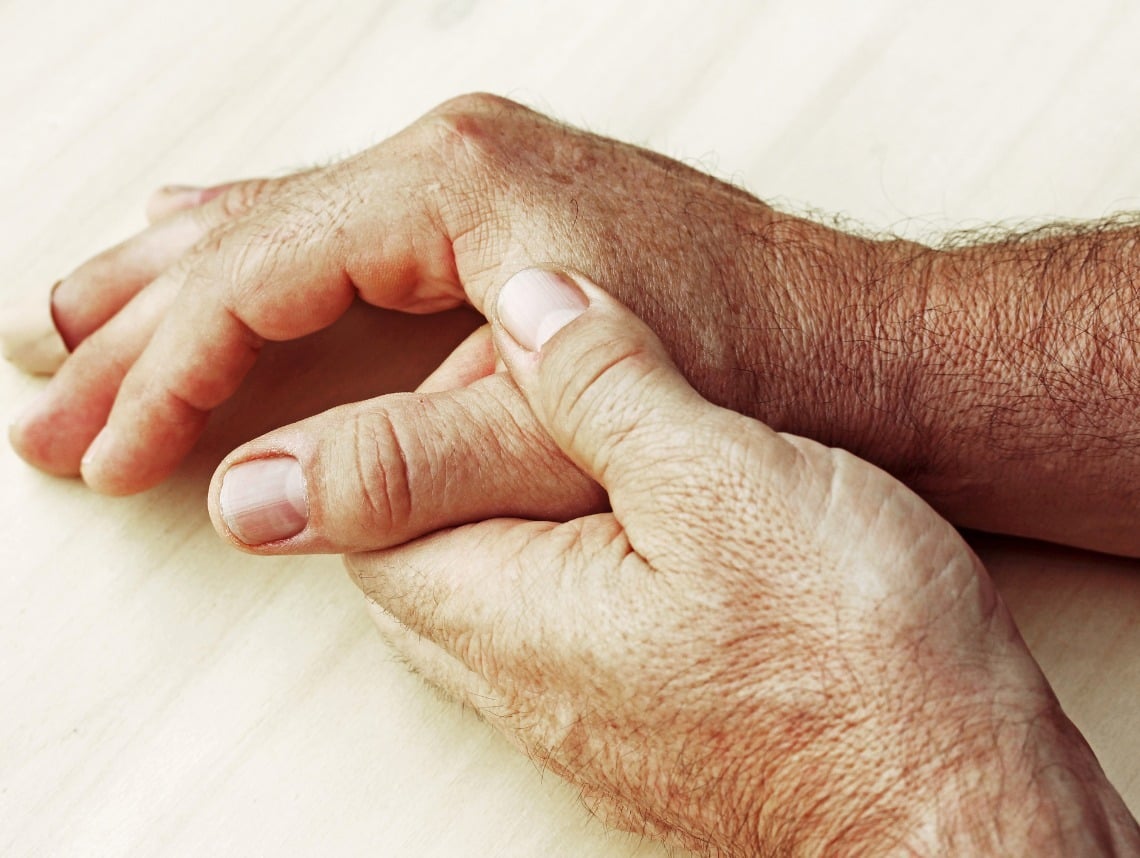
According to the American Academy of Dermatology, around 7.5 million in America have psoriasis.
What is Psoriasis?
Psoriasis is a serious skin condition that accelerates the life cycle of skin cells. The sped-up life cycle causes extra cells to pile up on the skin’s surface, creating scales or red patches.
If your elder parent has psoriasis, a greater familiarity with the condition can help you to ensure they receive the appropriate care.
What Causes Psoriasis?
Scientists don’t know for certain what causes psoriasis, but research indicates it is related to a problem with the immune system and involves genetics.
Psoriasis Symptoms
There are several different kinds of psoriasis, so the symptoms vary. Plaque psoriasis is the most common form of the condition.
Symptoms of Psoriasis include:
- Patches of red skin that often have silvery scales on them. The patches might be itchy, painful, and they may crack and bleed
- Scales or crusty spots on the scalp
- Pitted or discolored fingernails or toenails that may become detached
Up to 30% of people who have psoriasis also experience psoriatic arthritis, which causes painful and swollen joints.
Risk Factors for Psoriasis
One of the greatest risk factors for developing psoriasis is a family history of the disease. People with one parent who has psoriasis are at an increased risk, and the risk is even higher if both parents have it.
Psoriasis Triggers
Often, something happens to make psoriasis flare up.
Some common triggers for psoriasis include:
- An infection, such as strep throat or a skin infection
- Stress
- Smoking
- Vitamin D deficiency
- An injury to the skin, including bug bites, sunburn, or a cut
- Alcohol consumption
- Some medications
Psoriasis Treatment
There is no cure for psoriasis, so treatment usually aims to slow down the growth of skin cells and manage symptoms.
Managing Psoriasis Symptoms
There are several things family caregivers and elder care providers can do to help seniors manage psoriasis symptoms at home.
Some ways to manage psoriasis symptoms at home include:
Bathe Frequently: Warm, but not hot, baths taken daily can help dead skin cells to slough off and soothe irritated skin. Be sure your parent uses only mild soaps. Adding bath oil, Epsom salts, or colloidal oatmeal to the water can make a bath even more effective for managing psoriasis. An elder care provider can assist your parent in preparing a bath and helping them to safely get in and out of the tub.
Moisturize: Be sure your parent uses a moisturizer after they bathe. Your parent’s doctor or pharmacist can recommend a moisturizer that works well for patients with psoriasis. An elder care provider can help them to apply it.
Avoid Triggers: Avoiding the things that can cause your parent’s psoriasis to flare up can prevent further irritation.
Psoriasis isn’t curable, but with some attention paid to triggers and diligence to skincare, your parent can live more comfortably with the disease. If symptoms worsen or if your parent begins to develop symptoms of psoriatic arthritis, be sure to talk to the doctor to find out what treatments are available.
Contact Care Options for Kids for Home Health Care Services
If you or an aging loved one are considering home health care services, contact the caring staff at Care Options for Kids. Call today (888) 592-5855.
Sources
https://www.mayoclinic.org/diseases-conditions/psoriasis/symptoms-causes/syc-20355840
https://www.mayoclinic.org/diseases-conditions/psoriasis/diagnosis-treatment/drc-20355845
https://www.psoriasis.org/about-psoriasis/
https://www.webmd.com/skin-problems-and-treatments/psoriasis/understanding-psoriasis-basics
